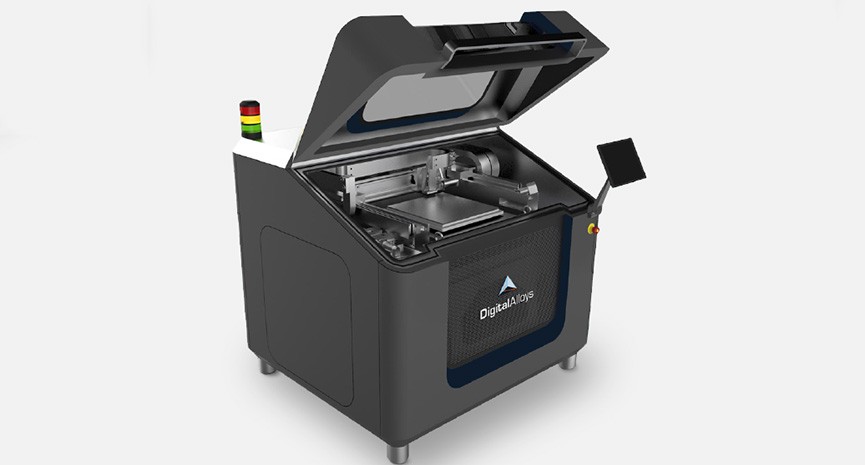Boeing HorizonX Ventures invests in 3D printing company
Boeing has announced investment in Digital Alloys Inc

Aug 08, 2018: Boeing HorizonX Ventures has announced its investment in Digital Alloys Inc., a Burlington, Massachusetts-based company developing high-speed, multi-metal additive manufacturing systems that produce 3D-printed parts for aerospace and other production applications.
Digital Alloys' Joule Printing™ technology can rapidly combine multiple metals into each part, which enhances thermal, electrical, magnetic and mechanical properties. The process allows metals like titanium and high-temperature alloys to be 3D-printed for parts that could be used on Boeing products.
"Our investment in Digital Alloys will help Boeing produce metal structural aerospace parts faster and at higher volume than ever before," said Brian Schettler, MD, Boeing HorizonX Ventures. "By investing in companies with emerging additive manufacturing technologies, we aim to strengthen Boeing's expertise and help accelerate the design and manufacture of 3D-printed parts to transform production systems and products."
"Our novel Joule Printing process is faster, more cost-effective, and more reliable than other approaches. Partnering with Boeing will make us a smarter, stronger company. We are committed to enabling Boeing and other leading manufacturers to create valuable new products quickly and at less cost by incorporating metal 3D printing into their production," said Duncan McCallum, CEO of Digital Alloys.
Additive manufacturing generates value for Boeing by reducing the cost and time needed to design, build and deliver products to customers. Today, Boeing has more than 60,000 3D-printed parts flying on space, commercial and defence products. This investment is the latest example of the company's commitment to additive manufacturing innovation.
Boeing HorizonX Ventures participated in Digital Alloys' Series B funding round led by G20 Ventures, with participation by Lincoln Electric and Khosla Ventures. The Boeing HorizonX Ventures investment portfolio is made up of companies specialising in autonomous systems, energy and data storage, advanced materials, augmented reality systems and software, machine learning, hybrid-electric and hypersonic propulsion, and internet of things connectivity.


